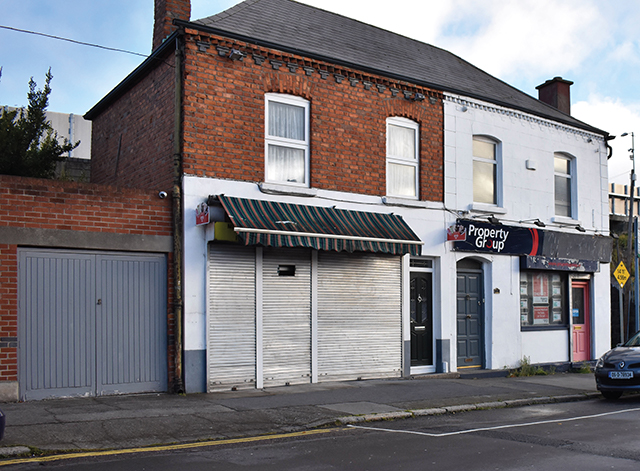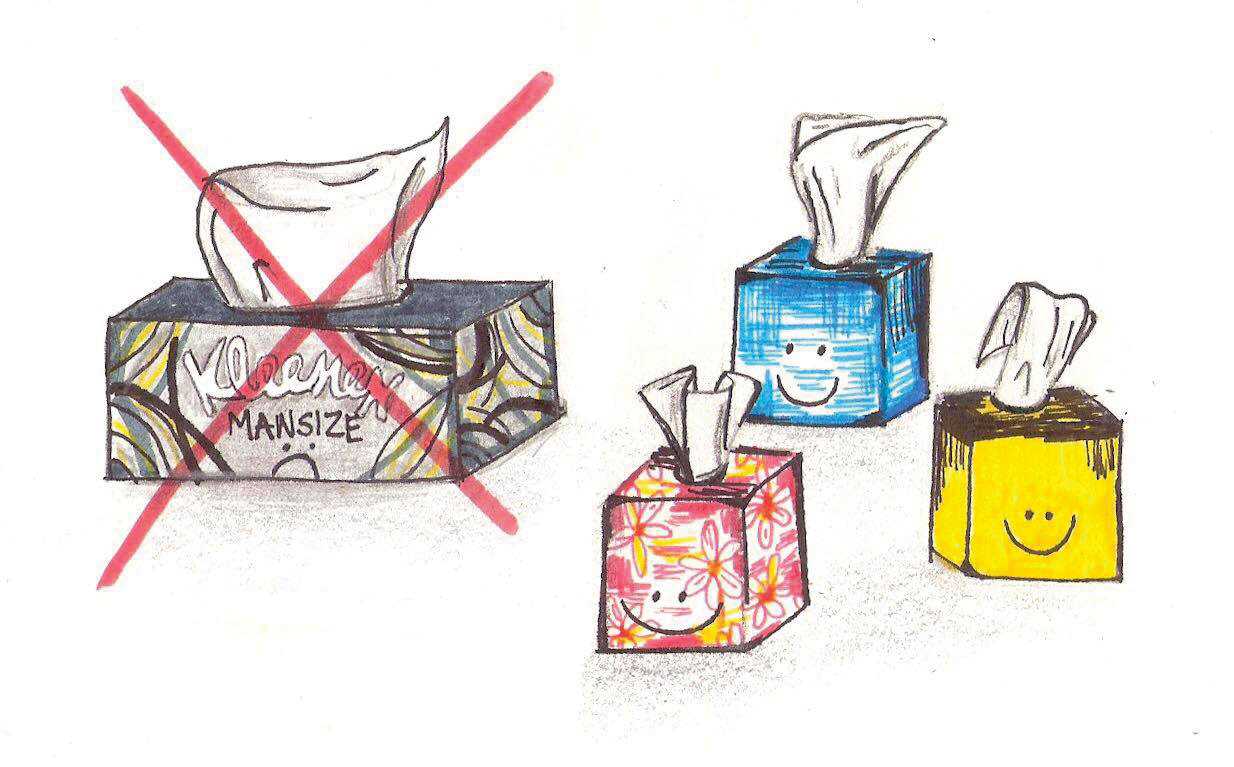
[dropcap]T[/dropcap]he essence of the Dublin club culture is a really beautiful thing. A dancefloor is a place where people can truly forget about how the world defines them and just lose themselves in the music. It’s a communal space, where people come together, have the craic and gather around music.
Places like Hangar and The Big Tree brought a change to the Dublin nightclub scene and gave people a place to dance that wasn’t situated on Harcourt Street- but they both closed earlier this year.
Hangar nightclub at Andrews Lane, Dublin 2, was forced to shut its doors so rapidly that it didn’t even have time to organise a farewell party. It was one of the city’s few Dublin clubs large enough to host international house and techno DJs.
For Olivia Forde, final year English and Religion student, The Big Tree was one of the first places she went to when she first came to Dublin back in 2015 and she claims that it is hard that it’s not there anymore.
“It was like a home away from home, you’d go down and have the best night ever. It didn’t feel like a nightclub even though it was,” she explained.
“Whenever an event was announced for a student night, the whole university was buzzing especially St Patricks Campus. There was no denying that everyone was going to be there,” she added.
Towards the end of her first year, Messy Mondays began in The Big Tree and one night, Forde spoke with a young man who travelled all the way from UCD to go to it. She thinks that it meant a lot to many people, especially when they travelled a distance especially for it.
“It was always going to be the best night in The Big Tree no matter what and with four ‘jagerbombs’ for a tenner they were doing nothing wrong.”
Forde thinks that the fact the nightclubs in Dublin are closing and being turned into hotels is ridiculous considering there are so many overpriced hotels already and not much affordable student accommodation.
“Nightclubs are a part of student life, there’s no denying it and with all the universities and colleges here student life is inevitable, so closing nightclubs down isn’t helping the student life and atmosphere and turning them into hotels is no benefit to students whatsoever.”
“When The Big Tree announced that it was closing down I was devastated. I don’t think I’ve known heartbreak like it. I remember texting the lads who run WhyNot Networks asking for one last Big Tree night and they apologised because they couldn’t do anything about it even though they asked, begged and pleaded. The bulldozers were going in in the morning after the All Ireland Final during the summer so we never got to have our last night and say
goodbye to The Big Tree and the memories,” Forde remembered.
The Big Tree property was originally intended to be turned into student accommodation and it seemed to be the ideal location place to build it as it was close to many campuses.
“If it was closing to be turned into student accommodation I think every student would’ve got behind it because in times like these, we need places for students to live, we don’t need hotels. It should’ve been kept for the students to keep the them here rather than commuting,” said Forde.
“If it’s not going to stay as a nightclub at least give the students a home and turn it into
affordable accommodation,” she added.
Some of Forde’s favourite nights in the bar include bumping into well-known personalities.
“The Big Tree had famous faces,” she recalled. “I met Mickey Joe Harte and Marty Mone. Acts like Welshy, Marty Guilfoyle, Basshunter, Ultrabeat, Ali B and Cian Charlton performed and there was loads of great DJs and musicians, especially Mickey Joe Harte.”
A huge reason for many nightlife properties closing is due to the fact that Ireland’s old-fashioned licencing laws don’t relate to the functions of modern society. The cost of opening for an extra two hours beyond closing time is excessively high and proves to be unprofitable in the long run.
A fee has to be paid on a night-by-night basis, demanding that venues must hire a solicitor to go to the courts every single month to detail exactly what nights they will open. This means that it is simply not financially possible for a venue with a capacity of 200 or less to open late and because of this there is nowhere for young DJs to play, which poses a threat to young acts.
Whilst big venues and events have enjoyed a golden period, small clubs have struggled under the high cost of running nights that last just three to four hours. Some of the beloved venues have been demolished because of this.
The Government do allow certain “hotels” to run until five in the morning, like the ones on Harcourt Street. Later licensmeanans more work for taximen, later and safer public transport, more shifts available for people working in restaurants and within nightlife itself and it creates a safer and healthier transition from the dance floor to home.
The city is to get more than 5,000 new overpriced hotel rooms by 2020, whilst local talent loses the opportunity to play to large crowds, when they should have the ability to share and develop their music in their own city.
David Kitt, a singer-songwriter from Dublin, admitted earlier this year that he was priced out of the city due to rental costs. For the first time ever, young Dubliners are now losing communal spaces to commercial interests.
Amy Donohoe
Image Credit



